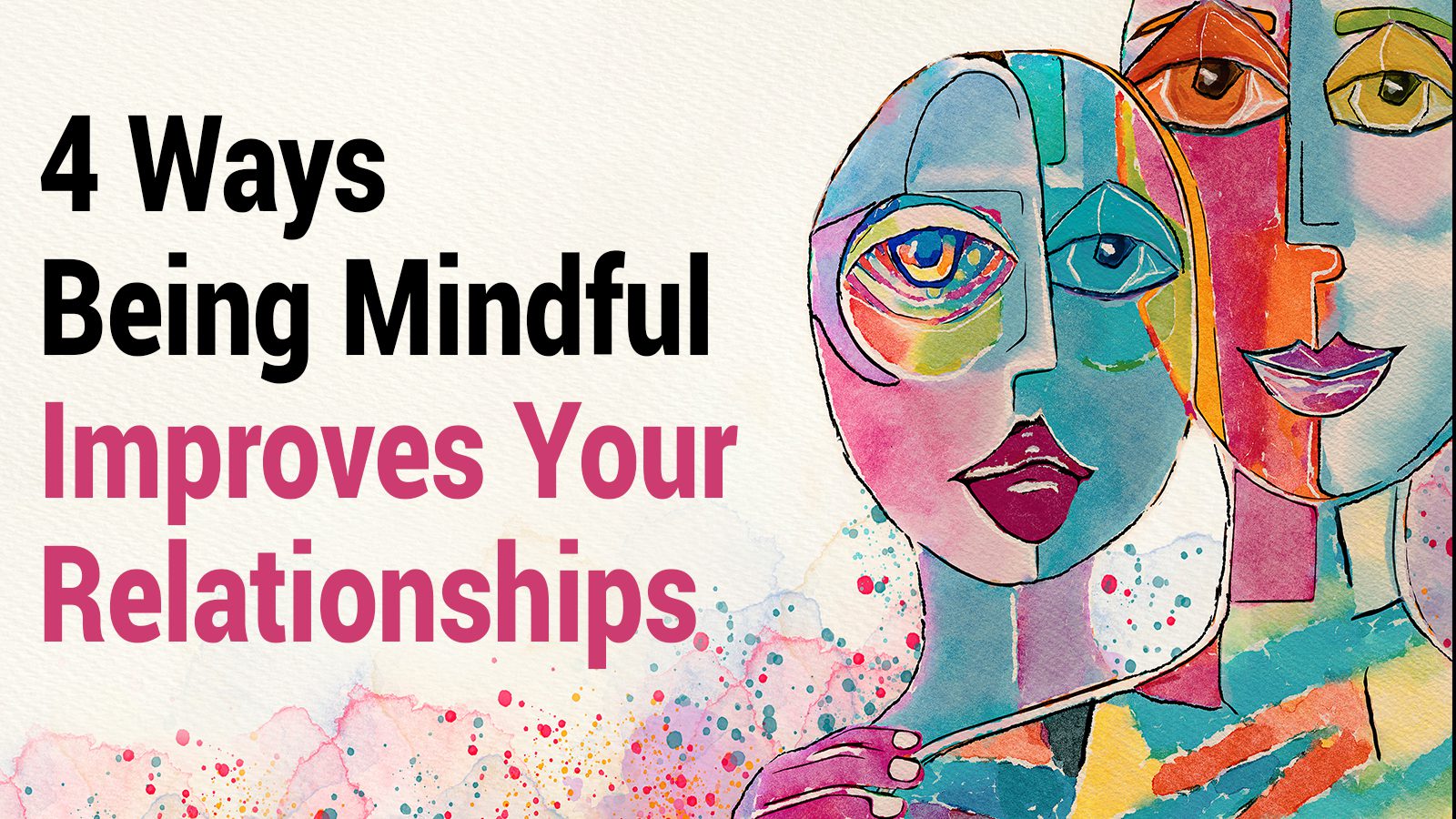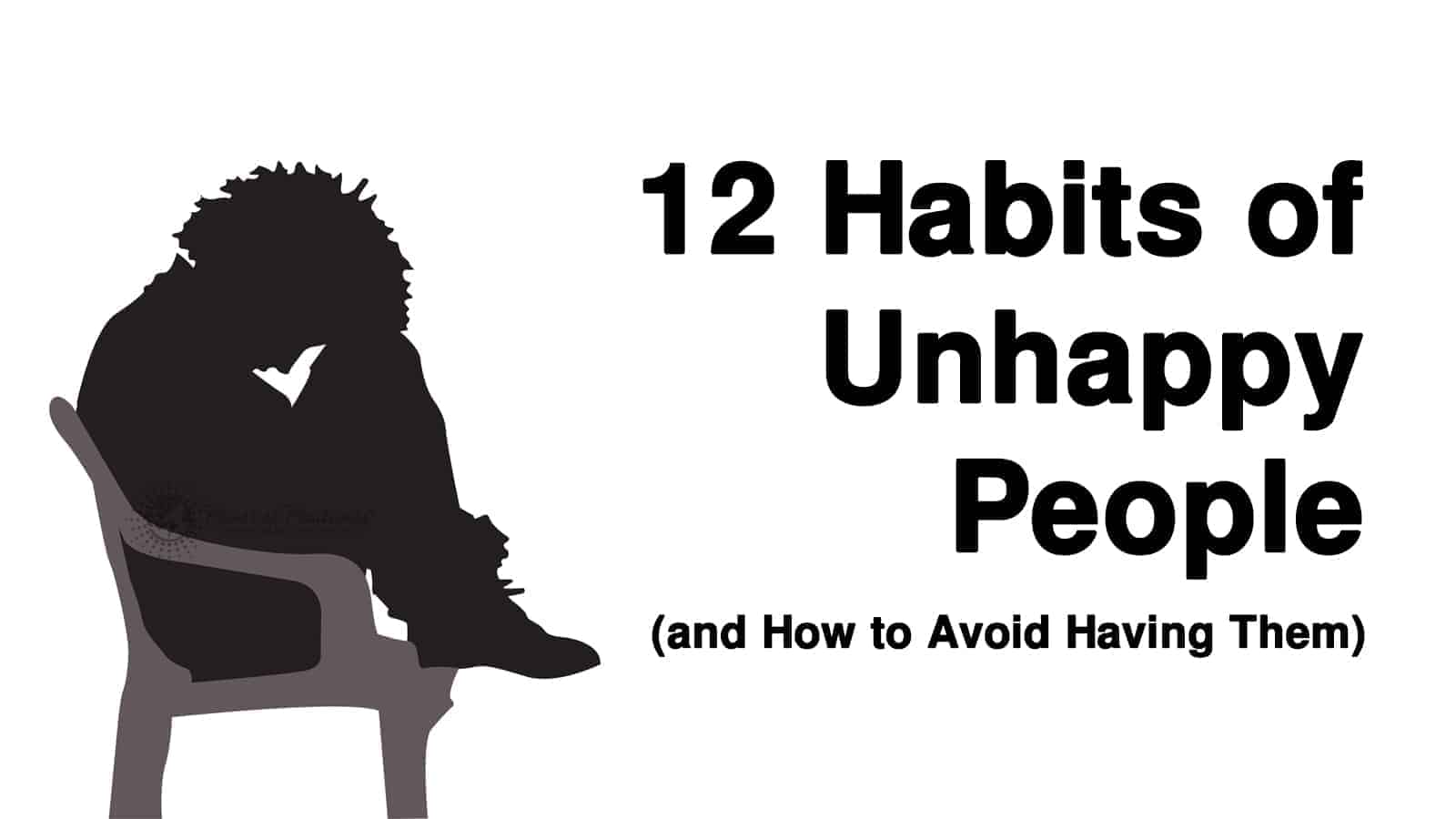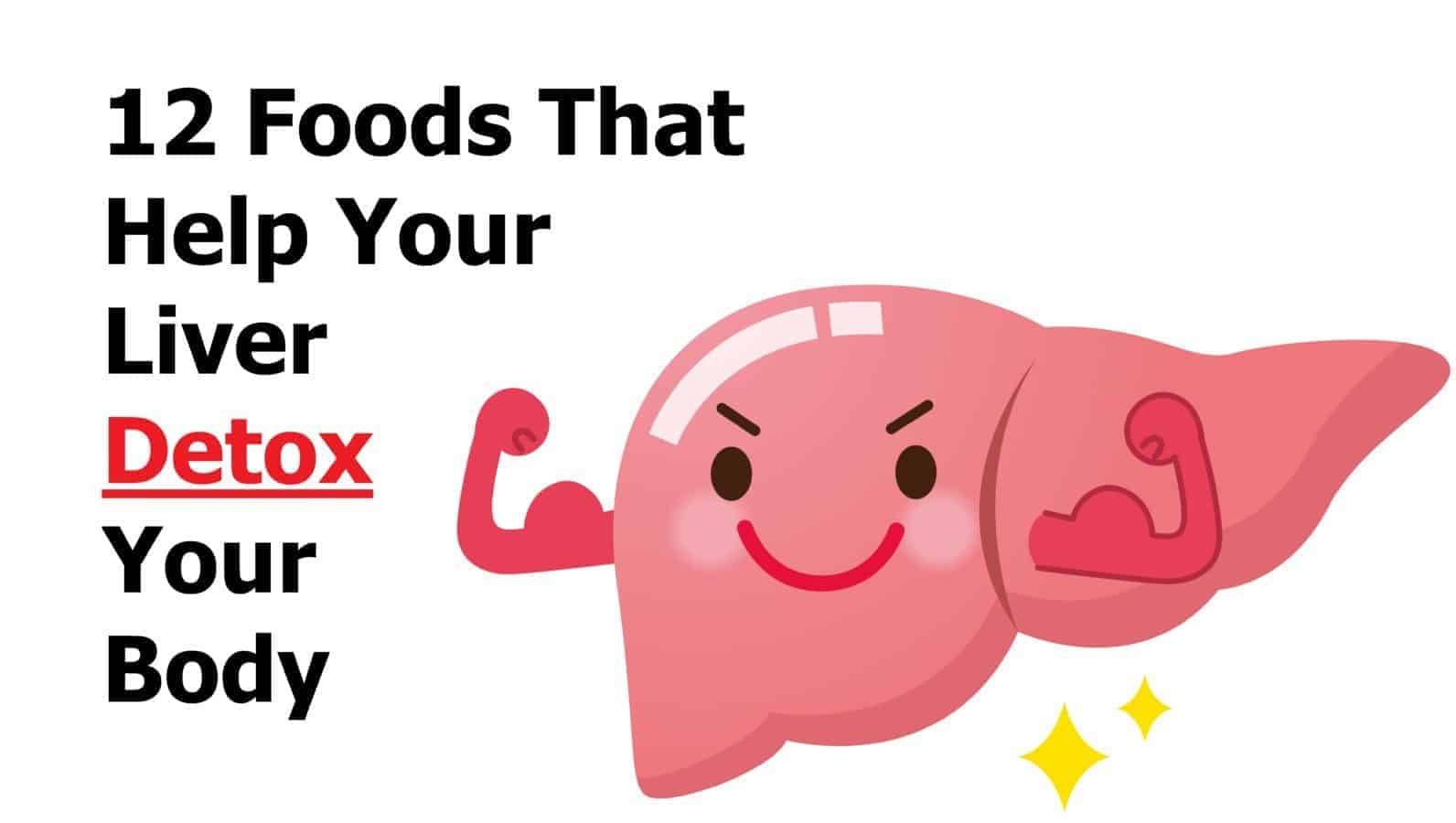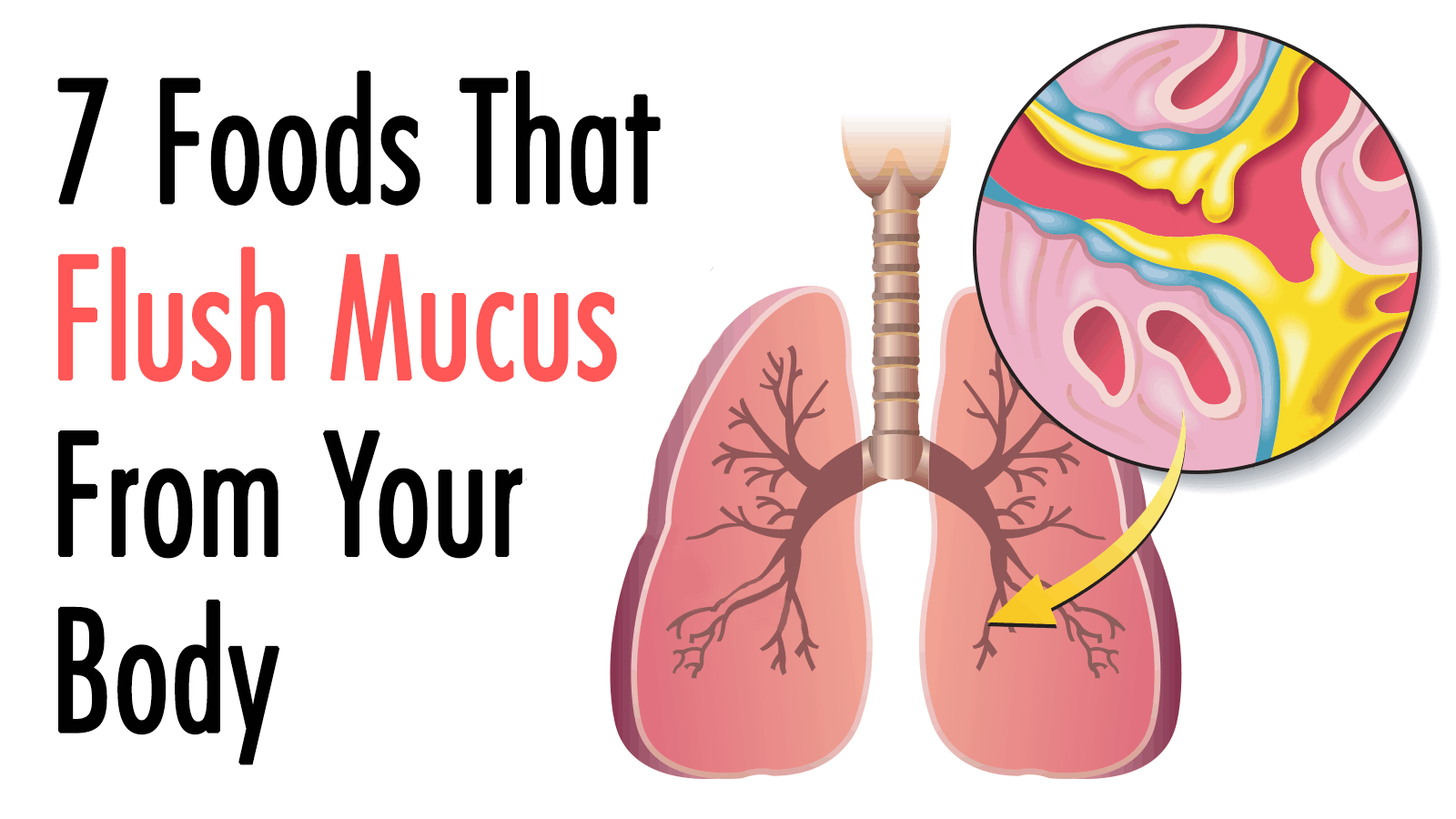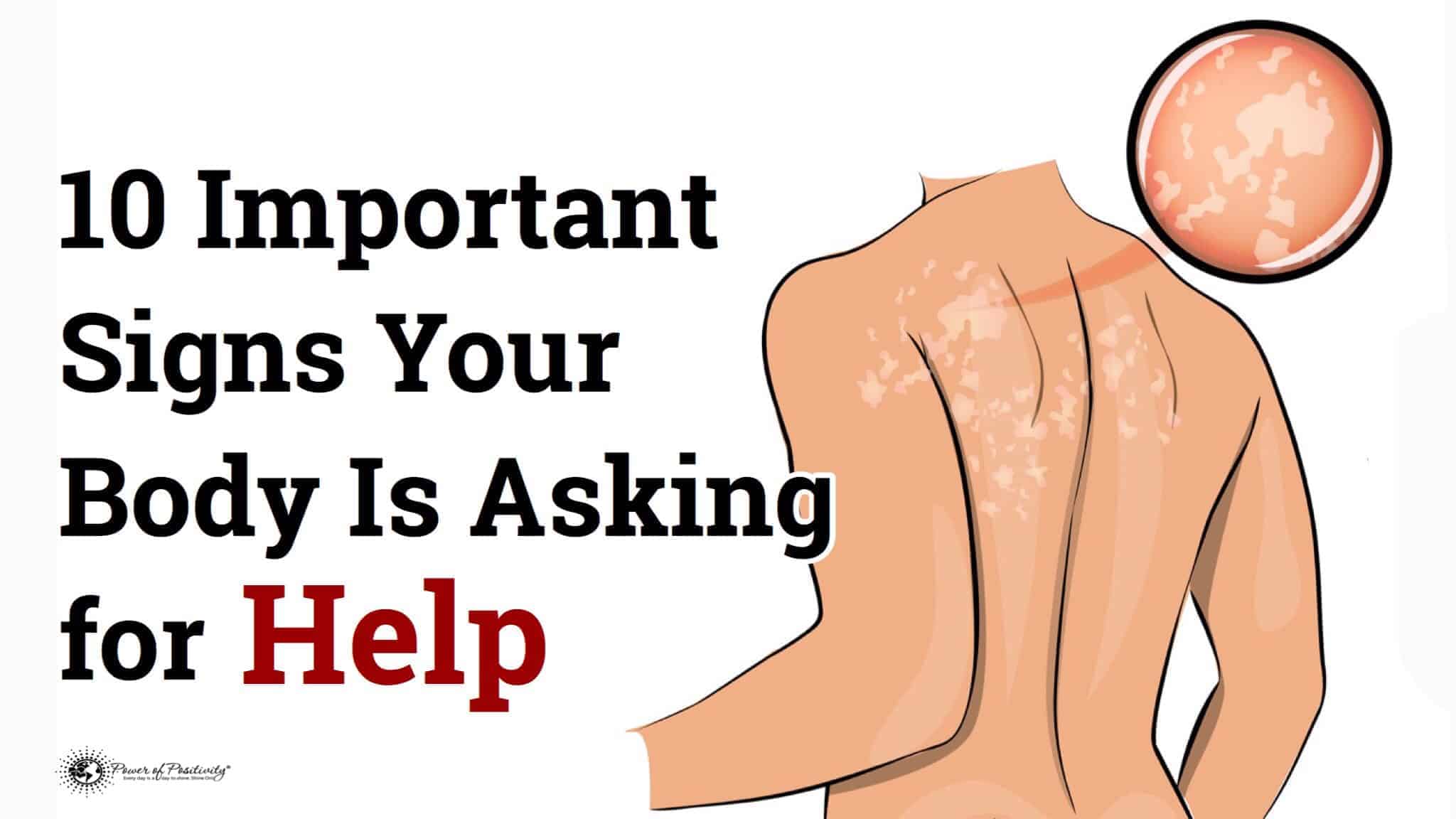Mindfulness is a hot topic in the world of mental wellness, and tons of research has shown that it is effective for personal happiness, mental health, and growth. But did you know that being mindful can help others, too?
Yes, it’s true! Science has found that being mindful benefits, not just you but those in your life! If that’s not a reason to begin practicing the skill of mindfulness, we don’t know what is! But how does it work? Here are four ways being mindful improves your relationships.
1. It Allows You To Appreciate Others
Feeling unappreciated is a very common reason for tension and dissatisfaction in relationships. Mindfulness teaches the positive emotion of gratitude by making you more aware of all the wonderful things in your life. This includes a greater appreciation and thankfulness for the people around you, fostering happier and healthier relationships.
Studies have found that regular expressions of gratitude have positive effects on romantic relationships, so it’s fair to conclude that they can be similarly effective on various relationships of various intimacy levels. Better yet, being the provider of gratitude increases your own happiness in relationships, too, so you’ll benefit from this mindful pattern.
But how does mindfulness tie into all of this on a deeper level? Well, mindfulness is famous for improving your awareness of your internal world. But it also simultaneously increases awareness of the external world, allowing you to become more grounded in the present. You’ll see new beauty and blessings that you couldn’t see before, including those bestowed upon you through your relationships.
But now that you’re aware of how good your relationships are, where do you go from there? Mindfulness may make you appreciative, but you must express that appreciation.
 You can do so by:
You can do so by:
- Making sure to thank the people in your life for what they do for you
- Giving compliments to people when you notice their strengths, improvements, or efforts
- Writing thank you notes for significant or notable acts of kindness that others have performed toward you
- Ensuring that you never take those in your life for granted
2. It Aids Emotional Management
Mindfulness allows you to become more aware of the landscape of your feelings and emotions and those of others. This awareness lends itself to improved management and positive moderation of these emotions and your natural responses to them. Contrary to what it sounds like, this doesn’t refer to the act of repressing or denying feelings. Instead, it means:
- Becoming more understanding and insightful of these feelings.
- It allows you to regulate your emotions due to your closer connection to them.
- Improving your sensitivity and awareness of your feelings.
- Gaining improved perspective on your emotions, allowing you to use rationality to soften them as needed.
- Developing better responses to emotions.
- Understanding the true roots of your feelings.
How does this benefit relationships?
Well, it’s only natural that being able to comprehend and regulate emotions can affect the people around you. Specifically, this aid comes from:
- Improved ability to regulate negative emotions so you don’t lash out at others.
- Better insight into the incitement of other people’s emotions and their roots, so you don’t take them personally.
- Better ability to be empathetic towards other people’s feelings.
- Improved ability to communicate and explain your own emotions.
- Heightened control over high-intensity emotions.
Of course, it is easier said than done to apply mindfulness to your and other people’s relationships naturally.
· Face The Emotion Directly
It can be tempting to turn away from your feelings – and the feelings of others. Emotions can be overwhelming for you and other people, and they can be intimidating to look at directly. But in order to use mindfulness, you must bravely and directly face the emotion. If it is your own emotion, take a deep breath and acknowledge the feeling, then pay attention to your thoughts carefully. This will let you analyze each unique individual word in those thoughts. If it is someone else’s emotion, focus on your natural defensive instincts and gently lay those instincts down. Focus on exploring the emotions that person is dealing with by observing them and tracing their roots. Validate those emotions!
· Make Space From Emotions
Emotions come with powerful waves of overwhelming energy. This makes them so overwhelming and can even make you feel controlled by them. Mindfulness allows you to separate yourself from those emotions and observe them as a witness instead of someone directly involved. If someone else is dealing with emotions, separate yourself from those strong feelings and take none of it personally. Instead, be grounded, like a rock for that person to tether them, and you can mindfully ask them what it is they’re feeling and guide them through their emotions.
· Put A Pause On Big Emotions
Regulating your own emotions with mindfulness means that you can hit pause on them and question their validity, appropriateness, and rationality. With mindfulness, you can tell your emotions to calm down and greet them with a more logical mind without the need for harmful repression. This affects the way you interact with the world around you. So when you feel those sweeping emotions, stop them in their tracks and ask them why they’re there to begin with!
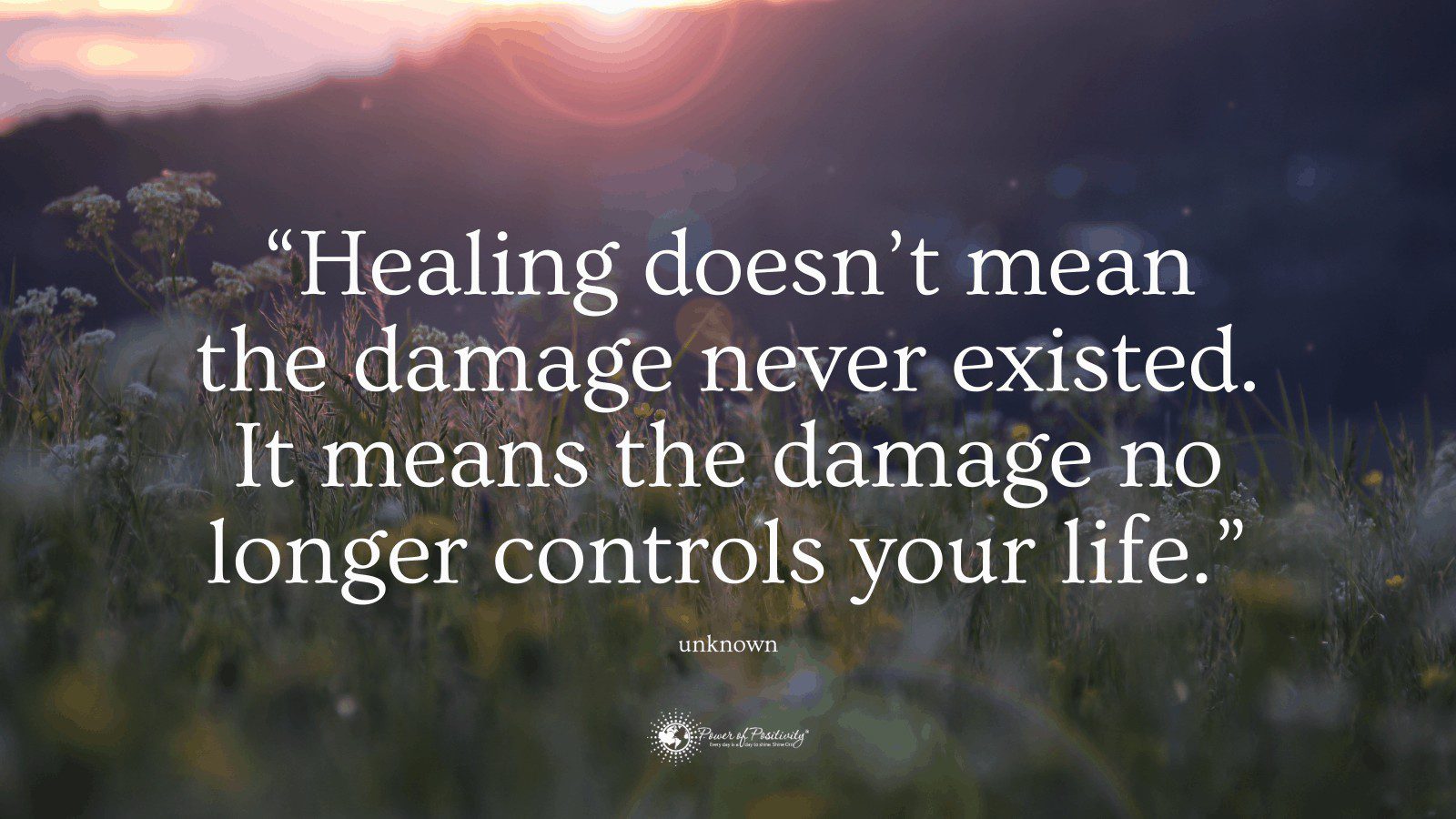 3. It Helps You Correct Certain Behaviors
3. It Helps You Correct Certain Behaviors
While good relationships of any nature involve accepting each other’s flaws, it’s no secret that certain flaws can be detrimental to relationships. A lot of the responses you may naturally have in a relationship – whether romantic, familial, platonic, or otherwise – are habitual, meaning you need to actually put effort into changing them.
But if you’ve ever tried to break a habit, you know how tough that can be. And it’s even more complicated when these routine reactions are conditioned and natural, occurring almost subconsciously. It can take more than just trying to shift them actually to create change. And that’s how mindfulness practice helps. Here’s how, in more detail:
· Mindfulness Makes You Aware
When you’re mindful, you can tune into your habitual behaviors and become much more aware of them. This allows you to recognize your natural reactions in relationships and trace them to their roots, so you see them for what they are.
· Mindfulness Changes Your Brain
Changing subconscious habits requires rewiring your brain, and mindfulness does that, according to research. Practicing mindfulness helps to shift the functional and structural conception of your neural circuits. This means you can unlearn automatic reactions and habitual behaviors by rewiring your pathways to different types of responses!
· Mindfulness Breeds Acceptance
As the people around you also work on their personal growth, being mindful will help you to accept the flaws in your relationships and be patient with the people working on changing them. Your acceptance will allow those in your life to feel supported by you, and they’ll support your efforts in growth in kind.
4. It Reduces Stress
A lot of the conflict that may arise in a relationship of any kind comes from high stress levels. You are less likely to manage disagreements and rough patches if you’re already in a state of depleted positive thinking, high-strung anxiety, or fight-or-flight stress. This is why mindfulness is so beneficial – it helps you manage stress long-term, preparing you in advance for relationship troubles.
Your interactions with other people are most likely to be effective and beneficial if your stress levels are well-managed and contained. Lower stress levels allow you to stay grounded to reality, connected to the people you’re interacting with, and rational in emotional situations.
When you are mindful, you can react in a more positive or appropriate way to a stressful situation. This is because you can remain aware of your emotions and reality all at once while maintaining empathy and understanding for the people around you. No wonder it helps relationships!
And even when you’re not in stressful environments, the natural reduction of psychological stress, thanks to mindfulness, is good for maintaining connectivity to your relationships on a regular basis. Even when you’re calm, the lower general stress works wonders!
Of course, natural mindful stress-reduction can take a while to learn. If you are engaged in conflict with someone in your life and can’t get mindful, request about five minutes to collect your thoughts before continuing. This benefits both parties’ stress levels, but more importantly, it allows you to perform a mindfulness exercise.
Follow these steps.
- Get into a comfortable position. This may be a sitting or lying down position. It would help if you also tried to find a relatively quiet environment to perform this exercise in.
- Ground yourself by taking deep, slow breaths. If you are in a heightened state of emotion, this may take a couple of minutes.
- Once your mind and body are settled, put one hand onto your chest and the other onto your stomach. This position will allow you to feel your breaths.
- Breathe in deeply and fill your stomach, not your chest. With your hands, take note of the air that fills your stomach and make sure that most of the “rise” in your body from the inhalation is in your belly, not your chest.
- Keep breathing slowly, in and out, from your belly for about five minutes. When you feel calmer, you can get up and leave the room and return to the discussion.
If you want to really practice mindfulness regularly, you should make it a habit to spend five minutes every day performing the aforementioned breathing exercise. You can even do it multiple times a day or whenever you enter a state of stress. This will help your positive thinking and build a better response to stress, making your interactions with others more positive.
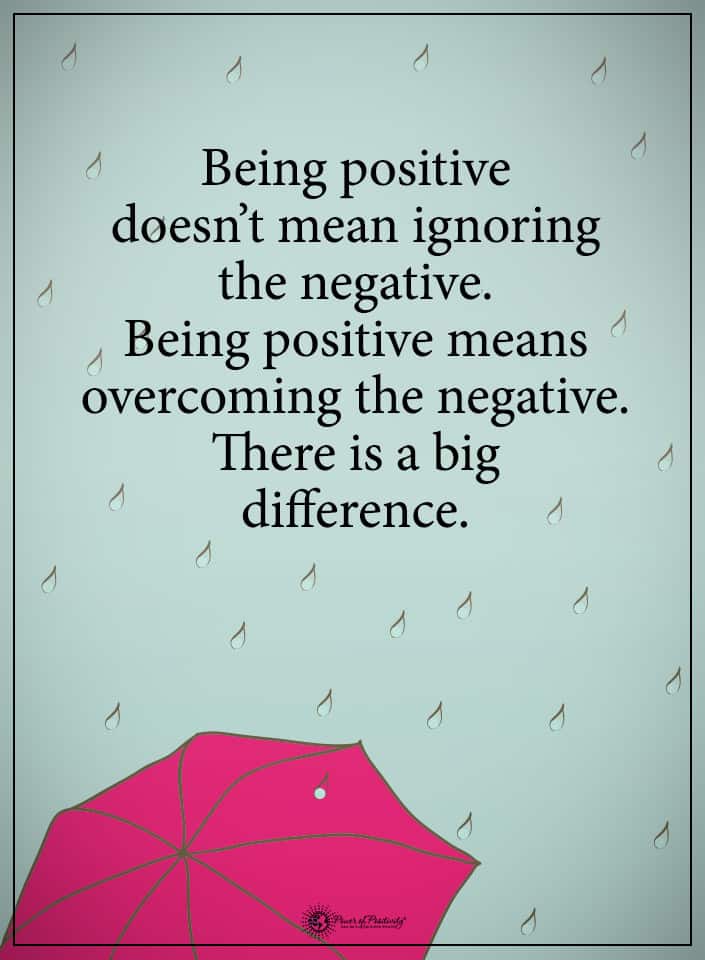 Final Thoughts On How Mindfulness Can Improve Relationships
Final Thoughts On How Mindfulness Can Improve Relationships
Relationships require work from all parties involved to remain happy, healthy, and satisfactory. Mindfulness can help in that endeavor, giving you the chance to appreciate the people in your life, be understanding of flaws, correct negative habits, and help with stress and emotional management. Need help with mindfulness? Speak to a therapist or similar professional!

